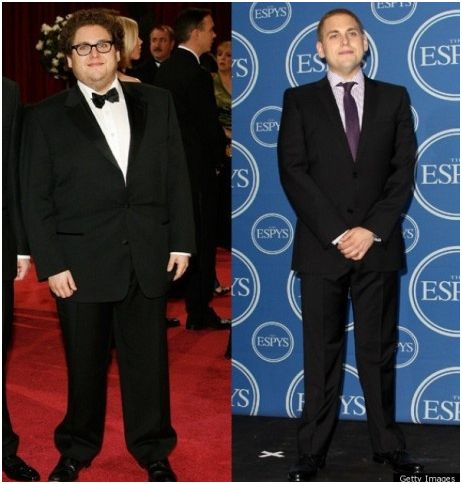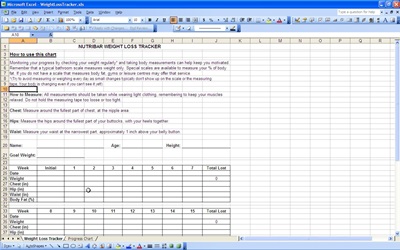"I don't know of any health benefit to losing 10 pounds if your weight is already in the healthy range," says Prevention's fitness expert Chris Freytag. "There's a point where you have to let it go." (Of course, if you’re overweight, losing 10 pounds comes with a host of health boosts.)
More from Prevention: 7 Weight Loss Mistakes Healthy Women Make
"A lot of women have an 'ideal' weight they think they'll feel best at," says Jessica Crandall, a registered dietitian and spokesperson for the American Academy of Nutrition and Dietetics. "Even though they're healthy and their BMI is healthy, they still feel that pressure that can encompass their entire lives."
Often, says Crandall, we fixate on a target weight—wanting to be 125, say, when you're actually 135—without really knowing why. "You may have been there once early on, in your teens or early 20s, and you felt comfortable at that time," says Crandall. "Or it might be something that a doctor once put into your head, and it just stuck there." But chances are, it doesn’t deserve the attention you’ve been giving it.
If losing a little weight has become an oversized obsession, here’s how to divert your focus away from that number and toward more important things—you know, like the rest of your life.
Ask yourself why. "I ask clients what their goals are to help them see where they're coming from," says Crandall. If your ideal weight is a number you've been carrying around for decades because it’s what you weighed in college or at your wedding, ask yourself what's more important—hitting that number again or how you feel from day to day? Restate for yourself the importance of a healthy balance between work, life, and concerns like diet and exercise.
Pick a new measurement. In fact, don’t just stop at one. Several different factors go into determining your individual healthy weight range, says Crandall, such as body fat composition, bone size, muscular structure, BMI, and waist circumference. A registered dietitian can properly assess the overall balance of your body and whether you really need to lose a few pounds—or need help setting more appropriate goals.
Stop the strict dieting. "There is not one food that’s going to cause you to gain weight," says Crandall. Yet many women stick to a short list of "acceptable" foods when dieting—which can backfire. Dieters may cut out sugar, for instance, and think that means they shouldn’t eat a fresh orange, says Freytag. "Of course you should have an orange!” she adds. “It's the added sugars in processed foods and drinks that are the problem."
More from Prevention: Why You Shouldn't Be a Diet Perfectionist
Don't live at the gym. If you've been plugging away on the elliptical trainer with all the enthusiasm of a prisoner walking the plank, try mixing it up. "You don't want to become obsessive with your activity," says Crandall. "If you've been running and running and running, try yoga or biking." Determine a healthy amount of time you want to devote to exercising each week, then stick to the plan.
Focus on re-sculpting. "Muscle is the secret to long-term metabolism boosting," says Freytag. "I usually say to women, 'Let's forget about those five pounds and focus on re-sculpting your body.' " If you change your focus to being healthy, fit, and toned, a few pounds up or down won't matter.




